Most Likely to Succeed
If you follow me here, you know I dropped out of college in Erie, PA in the fall of 1994 and decided to marry a man I’d just met in the summer of 1995 (my mom and dad were engaged after 3 months so I used that as a justification for my hasty decision).
It was all very sudden and took my professors and my family by surprise. I was a leading critical theory and feminist student in the English department pursuing a double-major in English and History. I was voted Most Likely to Succeed in high school. Everything about my decision was “out-of-character.”
But, was it?
Thirty years later, it finally makes sense. When put in context, it was actually very much “in-character,” but since I was living a double life, everyone was confused.
Trainwreck
I was an emotional trainwreck in college.
I’d actually been one most of my life, but it didn’t really catch up to me in a profound way until my sophomore year. I’d always had mood swings, but I was a young teenage girl and the ups and downs come with the territory.
It was also the 1980s, so that created an added complication: big hair, stirrup pants, and yellow high-tops is enough to make anyone question their stability! LOL
To salve my pain, I tried to be like Dolly and Blair on the Facts of Life, but alas, I didn’t have big enough hot rollers or enough Aqua Net … or the right hair … but I get an A for effort, right?
But, the instability was deeper than that …
Until I was 12, my family went to church each Sunday morning, Sunday evening, and Wednesday night. Mom and dad held a Bible study for high school students in our home on Tuesday nights.
We weren’t CHRINOS (Christians in Name Only), were legit through and through. We were Baptists to boot (which really meant nothing to me until about 10 years ago)!
In fact, my college application essay was a letter to my birth mother thanking her for giving me up and letting her know that I landed well by being raised in a Christian home. Being raised in the faith was absolutely landing well - at least that’s what they said.
Ms. Judgy Pants
I didn’t really question my faith until college.
Looking back, I wasn’t really questioning my faith, I was questioning my relationship with my mother, which meant I was questioning her faith.
She wasn’t an easy mother for a highly sensitive empathic kid. She’s an ISTJ, I’m and ENFJ/P (on the cusp of J and P) if that means anything to you.
So, I didn’t understand how someone who taught us from the Scriptures could be so mean (as I perceived it). Mean being no bedside manner. She’s still tough as nails - still no bedside manner! But, she’s 84 now and to quote Meryl Streep - “she’s me pal.”
We’ve worked through the things that put us at odds with each other (I’m sure many of you can relate). I now understand how everything went down “back in the day” and why I was so angry with her.
You see, Christians aren’t perfect - no one is (hence the need for a savior) - but there’s a secular expectation that we should be, else we’re haters, hypocrites, or both. I held my mom to an impossible standard.
In college, I fully embodied the secular position and became Ms. Judgy Pants. Ironically, in the process, I became the hater and hypocrite. I became mean and downright nasty … and my anger didn’t deliver me, it ruined me.
Hard hearts and callous minds do not a happy person make. Period. Full stop.
Whiplash
I completed an independent study with my English professor the summer between my sophomore and junior years that culminated in an essay about my mom, her mom, the birth mother I hadn’t yet met, and me.
I keep everything - including my textbooks and papers. I recently reread the essay. I doubt I’ll ever read it again. It’s crass and angry. It’s selfish and, quite frankly, unfair.
I am grateful that I never made it public and unwittingly hurt my family in the process. That would have been a lifelong regret.
In retrospect, the essay was more like a private journal entry where I was processing my feelings about growing into womanhood. The problem was, I no longer understood what womanhood was or what I was to grow into.
I was raised with one definition and view of womanhood; but I was learning about a different definition and view of womanhood in school.
I quickly became confused, frustrated, exhausted, angry, and unhinged.
Was my entire life a lie?
Was Betty Friedan right when she said that women were second-class citizens?
If so, why didn’t I feel oppressed? Was that just to come later?
I was caught between two distinct and diametrically opposing worldviews:
One says that I am created in the image of a creator God with an immutable nature ... that I am “fearfully and wonderfully made …” Psalm 139:13-14. In essence, man begins with God and man ends with God. God has authority of man.
The other says I’m a product of an impersonal material universe where meaning is created through socially constructed ideologies. In essence, man begins with man and man ends with man. There is no authority over man.
One is a theistic worldview (specifically Christian); the other an atheistic worldview (specifically materialistic).
They do not and cannot coexist.
The bumper sticker below (a bastardization of the original version) represents a reality that is simply unattainable. Indeed, it is impossible. The baselines for the representative worldviews are incompatible so any suggestion that we should all “get along just fine” is just paying lip service to a pipe dream.
We can choose to get along by being civil to one another and intentionally agreeing to and then honoring terms of coexistence, but we will never affirm or fully accept the other while espousing different worldviews. It will be a negotiated coexistence, not a natural one.
This shouldn’t be a hard concept to grasp … or should it?
As an aside, a few years ago, Vox published an article on the legal battle over this sticker - it’s an interesting read!
Regardless, confusion over what womanhood is depending on one’s worldview was a LOT for a 19 year old to process. I wouldn’t really understand it for another 30 years, and that was before we started fighting over what a woman actually is, never mind what womanhood is.
Choosing Sides
Feminism is intoxicating.
Feminism is full of permission and freedom and license.
It’s all about self-satisfaction and fighting for what the patriarchy stole. It’s the highest and holiest form of self-determination for women. It’s alluring and addictive. Like therapy, it’s really satisfying to talk about yourself nonstop (I have a TON of experience in talk therapy so I know of what I speak).
I glommed onto it like with the passion of a vampire sucking blood.
I wondered … could this be THE counter to Christianity? Did I really need the Christian God to attain some form of nirvana? Could I just skip all the “Christian rules” and get there anyway?
Translation: Can I live however I want without any consequences for my choices? God will forgive me, right? Anything goes on Saturday night, but all can be well on Sunday morning, right? See - I can have my cake and eat it too.
Christianity is impossible.
Christianity, like feminism, is also full of permission and freedom and license.
But that’s where the similarities end. Christianity’s freedom only exists within the boundaries of God’s general revelation in nature and specific revelation in the Holy Bible (revelation meaning what He reveals to us about Him and his creation … it’s how we get to know Him).
Christianity is the opposite of self-satisfaction and grievance; it’s about self-surrender and glorification of our Creator. Christianity is actually impossible without the working of the Holy Spirit (the Holy Spirit is part of the trinity: God, the Son, and the Holy Spirit). The Holy Spirit is the engine that powers our lives and gives us the ability to live a Christian life. We cannot do it alone - and weren’t designed to do it alone. This is why Christianity is the highest and holiest calling for humanity, both men and women. Man begins with God, not himself.
I never questioned any of this until college. But, I couldn’t retain my allegiance to Christianity and be a Second Wave Feminist at the same time.
FYI - there are four waves of feminism (so far).
First Wave Feminism (19th to early 20th Centuries) was about legal equality for women (right to vote), whereas the Second Wave (1960s - 1980s) was about dismantling the patriarchy, or what were characterized as male-dominated institutions and cultural practices in society, such as marriage, family, sexuality, economics, and reproduction.
The Third Wave, which kicked off in the 1990s in part in response to Anita Hill’s testimony during Clarence Thomas’ judicial nomination hearings, introduced a new type of feminism that focused less on women as a monolithic group, but women as individuals with different layers of oppression depending on other factors such as race and sexuality. It honed in on intersectionality (the intersection of race and gender is a different type of oppression than oppression based on gender alone), sex-positivity (sexual freedom as a key element of women’s freedom), and ecofeminism (human domination over nonhuman animals is a form of oppression).
The Fourth Wave came into being around 2012 and focuses primarily on using the internet to share stories about sexual harassment, sexual abuse, and sexism generally, as well as challenging gendered norms they claim support the marginalization of women, people of color, and trans people. The fourth wave fights heteronormativity is all aspects.
So, I decided to suppress my Christian beliefs and try feminism on for size.
Honestly, I just wanted to have fun and justify my behavior. I wasn’t dumb enough to think I had the answers (none of us does innately) so I needed a rulebook to follow. Hey … if I was following the rules, I was good, right?
To be clear, I wasn’t denying the existence of God or Christianity, I was rejecting what the culture told me Christianity required of women. My mother was (and still is) a firm believer in sequentialism:
you can have it all, just not at the same time.
She was right then and she’s right now. But, that’s not what feminism said (or says).
Mom and dad raised me to understand two things about career and family:
FIRST: Kelley, you can be and do anything you want. You have a strong mind, tenacious spirit, and endless curiosity. Being a girl isn’t a liability in any way shape for form.
SECOND: But, if you choose to have a family, career will need to take a back seat while you prioritize your children. They need a full-time mother at home, particularly in the early years. Anything that competes with that needs to sit on the sidelines. This is non-negotiable.
Since childbearing years coincide with graduating college and starting a career, it felt like an impossible choice to make (even though its was long before I needed to make it). I knew I wasn’t sufficiently organized (I’m a creative mess) or emotionally equipped to leave my kids with an outsourced caregiver, so it was going to be an all or nothing. But I was still in high school when it started to sink in, so I had time … right?
And, Sheryl Sandberg hadn’t taught us to lean in, so I was, once again, without a rulebook!
The Fearless Feminist
I chose feminism because ... well, no rules. Duh!
I wanted more personal freedom and feminism provided me with a source of authority to justify my wants. It really was all about me.
Until it wasn’t …
FYI - I’ve written about this experience in more detail in #3: Hippies Don’t Wear Lipliner and #5: Party Girls Aren’t Happy Girls
The Fearful Feminist
When feminism proved to be a bust, I went right back to what I knew … a life of Biblical womanhood (at least as I understood at the time).
I needed to save myself from the sex-positivity lifestyle feminism promoted, which meant I needed to be excised from the radically undisciplined life I’d fallen for … hook, line, and sinker.
I decided that the best way out was to lock myself into a new life by locking myself into a marriage. Clearly, I didn’t understand the full magnitude of a marriage, but I did understand that a vow made before God could not be broken. And, I feared God and His wrath far more than anything else.
Marriage, naturally, would save me from myself, right?
It would force me to behave like a self-respecting adult. And, I needed saving, desperately. I’d dodged a lot of bullets, but I felt my luck was about to run out.
But, we all know that marriage is not part of any soteriology (doctrine of salvation). Marriage can enhance a life, but it cannot deliver anyone from anything, especially themselves. I knew it at the time - deep down - but I was so terrified of the orbit I’d been sucked into, I didn’t know how else to make the crazy stop.
So, I called the pastor.
He could fix it, right?
The Influencer
Brian and I were engaged to be married in March 1995 (we’d met three months prior); the wedding was set for August 5 the same year. I was all about the wedding itself, but was starting to get cold feet about the marriage.
My parents were 100% against the marriage, but I was rebelling against them at the time.
What did they know about my life? They’d never met Brian. Plus, they were old and frumpy (in their late 50’s … ha) and had no way of knowing what I was going through. The torment of a modern woman was a unique experience reserved for my generation, not my mom’s. Oh, how the foolish things of this world confound the wise.
So, I decided to ask my new pastor about my misgivings. He would be marrying us, so his opinion mattered most - never mind my parents who’d known me my entire life.
At the appointed time, through soft tears, I explained my concerns to my pastor. I told him I’d jumped the gun and was getting in over my head. But, I didn’t trust myself to call it of without the affirmation of another. I simply needed someone to tell me I wasn’t being crazy and that there were other options (again, never mind that my parents had already done this).
But that’s not what happened …
Here’s what did happen …
My pastor encouraged me to go through with the wedding. He believed that Brian was the one for me and that if I let him go, I may never meet another man or have the chance to marry again.
SAY WHAT?
I didn’t tell my parents - remember I was in rebellion and they were old and ignorant?
On August 5, 1995, I walked down the aisle and said “I Do” to man I didn’t really love and whom I knew wasn’t a good fit for me, or me for him.
I lied …
But I believed what the pastor said.
He was unequivocal in his admonition. And, I didn’t know how to contextualize his advice at the time. Truth be told, I shouldn’t have had to. He should not have given me his personal advice, he should have given me guidance from Scripture and Scripture alone.
Was I prepared to be a Proverbs 31 wife?
Not even close.
Were Brian and I equally yoked in our beliefs as stated in 2 Corinthians 6:14?
Barely …
Was Brian prepared to be a Ephesians 5:33 husband and love me as Christ loved the church?
How could he be? Brian was still suffering from awful PTS from the Gulf War and was in an emotional tailspin with a lot of unresolved anger. But, I had my claws into him something fierce - he wasn’t going anywhere as long as I was calling the shots.
Instead of following God’s plan for marriage, the pastor exercised what we call in the law an “undue influence” over me.
He gave me counsel that he knew, or should have known, was not Biblical about a matter with lifelong consequences.
He disrespected the validity of my feelings on the most important decision I would make in my entire life.
He dishonored my parents by suggesting I follow his guidance, although it was directly opposite of my parents’ advice.
The concept of undue influence means different things in various areas of the law, but it’s general meaning is applicable across the board.
—
Generally, one is exercising an undue influence if they’re engaging in inappropriate, unjustified, or improper means to produce effects on the actions, behavior, and opinions of another.
There is no question that the pastor exercised undue influence over me, and I am sad that it happened.
But this happens ALL the time in all manner of contexts where an authority figure isn’t helping the one seeking advice to understand ALL of the options, but focuses instead of what the authority figure thinks is the best decision:
pastors and parishioners
doctors and patients
lawyers and clients
The good ones not only provide information, but also provide illumination - shedding light on how certain choices play out over time.
There’s an enormous amount of pressure to inform, but not illumine. More of this later!
Taking Responsibility
In the end, getting married was my decision.
I was 21, a full-fledged adult who knew more than her parents did and who was 100% responsible for the consequences of her actions. Fortunately, I wisened up and terminated the marriage before I had a child, but not before myriad promises were broken and uncalled-for harm was done to innocent bystanders whose only culpability was supporting my bad choice.
Read this bit clearly …
I knew that I shouldn’t marry Brian. And, Brian had to have known he shouldn’t have married me.
I didn’t trust my gut, nor did I believe I had sufficient courage to call the wedding off.
I forged ahead without regard for how my choice would impact the lives of others.
Within a couple of weeks of marriage, we were at each other’s throats, literally, and one of us was going to die at the end of the barrel of a gun or by the blade of a knife if the pressure didn’t release.
I eventually called my mom on October 4, 1995 (59 days after the wedding) and told her there was trouble in paradise.
This time I listened to my parents and followed steps to be sure that:
Brian and I were safe from each other as an immediate measure, and
I could get home to Florida as soon as possible as a permanent measure.
Talk about having to eat crow!
Home, Unsweet Home
Since I’d dropped out of school, I didn’t have my degree yet, but I was very close and decided further self-destruction was unnecessary. I ditched any hopes of a double major in English and History, and re-enrolled to finish up a General Arts and Sciences degree, with a focus on Humanities. I needed 4 credits (I think) to finish it up, so I took a 3-credit and a 1-credit correspondence course and wrote my essays in the wee hours to be sure I left Erie with something of value.
It was a long trip home to Orlando, FL … terrifying and life-changing at the same time. I drove my 1990 Geo Prizm down the eastern seaboard, alone.
I never saw Brian again. I never saw the pastor again.
I was a 22 year-old college dropout (my marriage certificate read Bakery Assistant) and soon-to-be divorcee. I wasn’t quite Hester Prynne (yet) but I felt like a loser of epic proportions.
Obviously, my life was over.
I had to move back in with my parents - I‘d officially fallen from grace. That wouldn’t be the last time.
The Rearview
As I look back on the seasons of my life from the vantage point of a 49 year old, I see how certain patterns and cycles have repeated over and over. There have been a lot of whiplash moves driven by fear, primarily fear of being trapped and unable to move freely throughout life, or fear of not having guardrails to protect me from myself.
To this day, I can’t stand being scheduled and it’s been a huge challenge for me in nearly every area of my life.
But, I’m starting to understand how the cycles developed and why they continue.
Most of my decisions have been made in response to push factors, not pull factors. I always seemed to be escaping something, instead of facing what’s broken and making decisions that fix problems instead of bury them. And I have always sought affirmation of my choices from anywhere I could get it, regardless of the trustworthiness of the source. This ensured I could shift blame to someone else, right?
A few years ago, I came across a video of Steve Jobs talking about consultants (those who are giving advice). Here’s what he said:
... without owning something over an extended period of time … where one has a chance to take responsibility for one’s recommendations, where one has to see one’s recommendations through all action stages and accumulate scar tissue for the mistakes … and pick oneself up off the ground and dust oneself off … one learns a fraction of what one can … coming in and making recommendations and not owning the results, not owning the implementation I think is a fraction of the value, a fraction of the opportunity to learn and get better …
Check out the full clip here: Steve Jobs on Consulting
Hearing this was a gamechanger for me - it allowed me to do a 180 on how I choose those from whom I seek affirmation or receive advice and the amount of credence I give it. It allowed me to trust my gut and avoid saying I Do, when what I really mean is I Don’t.
It’s a powerful life lesson.
It’s All Good
I don’t blame that pastor for being misguided. On reflection, I am grateful for the error of his ways. In the fullness of time, that experience has given me incredible discernment when it comes to following spiritual leaders. That’s the subject for another post on another day.
Several years after my divorce (it was finalized in 1998), I received a letter from a woman whom I believe became Brian’s second wife asking me to leave him alone. I’m not sure what that was all about since the only contact we’d had was in connection with the divorce, but it was certainly a bizarre moment.
Brian had moved on, and I was happy for him, but I would have many more tough years ahead before I did.
The Bottom Line
Don’t say I Do if what you really mean is I Don’t. It’s not just the right thing to do, it’s the only honorable thing to do for yourself and everyone else who will be impacted by your decisions.
Until next time …
Thank you.
xo,
Kelley





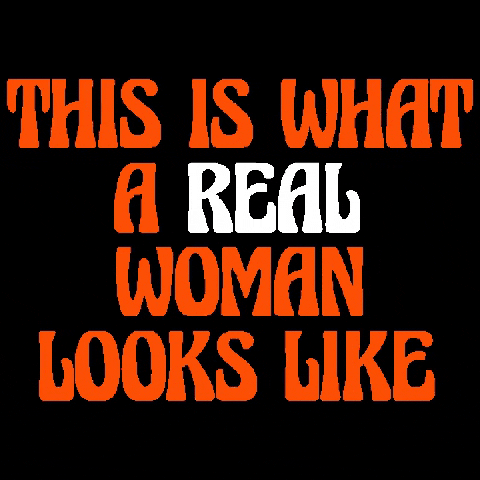
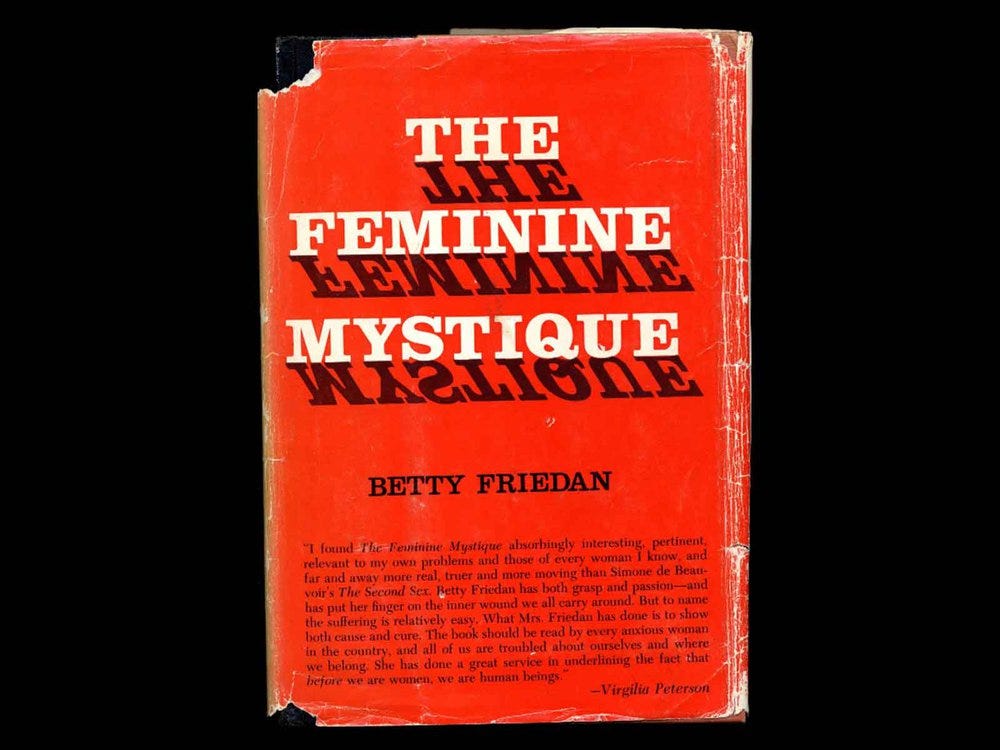




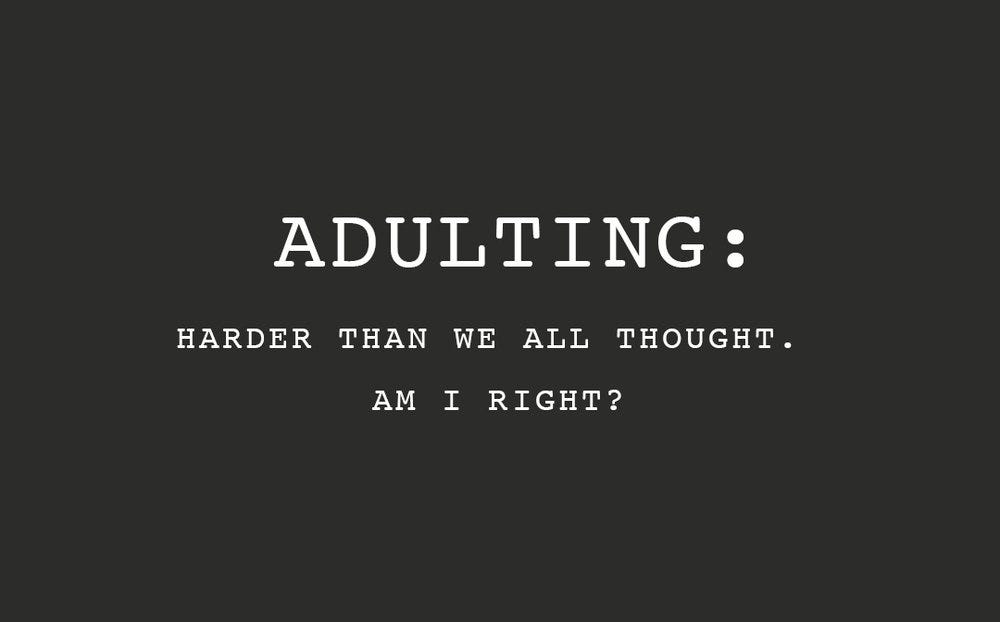

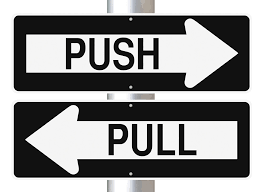
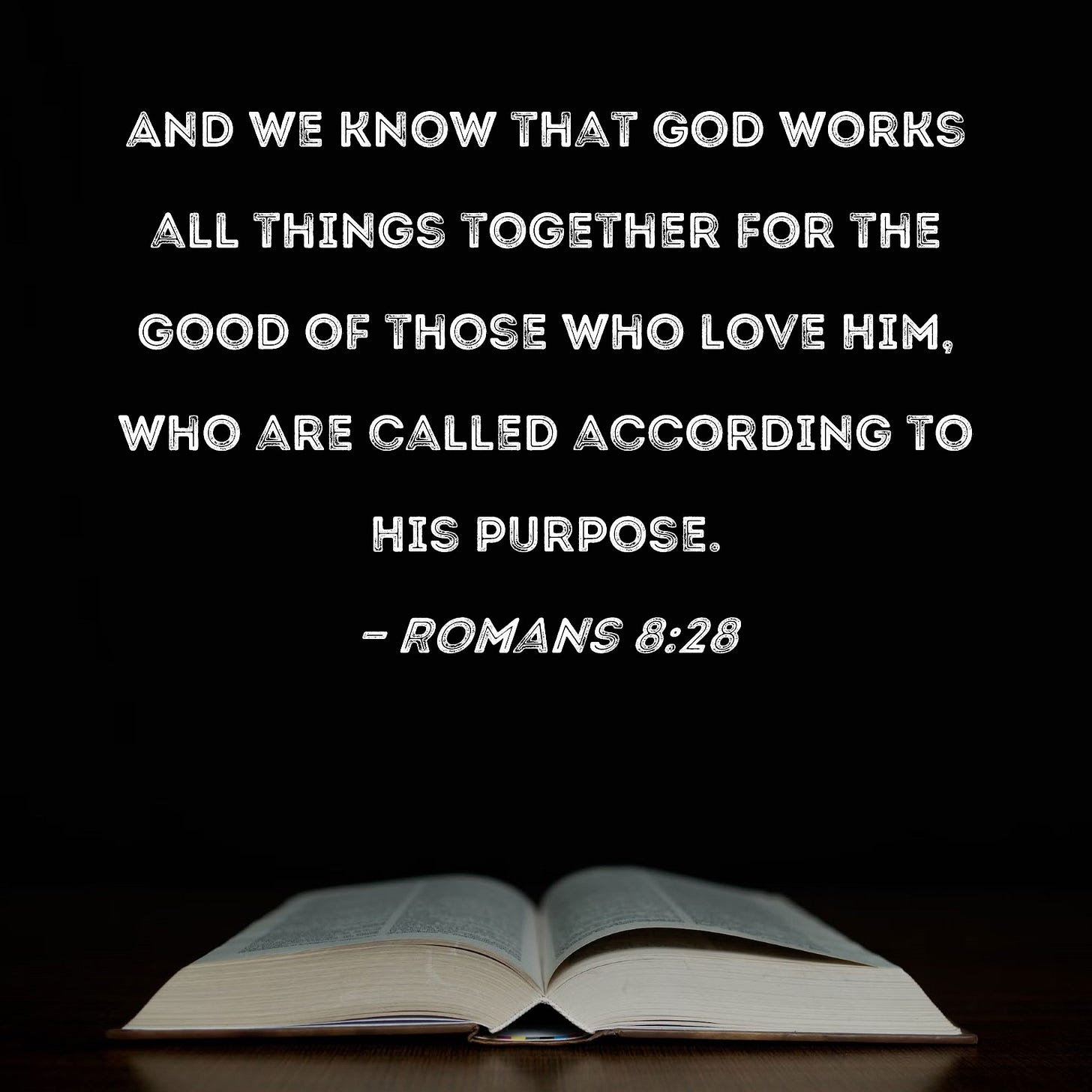
An impressive amount of honesty and self-awareness here.
If only I could share this with myself 10 years ago... To say the least, I understand saying “I do” when you really should say “I don’t.” That was an expensive and miserable learning curve, but I truly think it was a necessary step in order for me to be in my current place in life. And it’s good. We make poor decisions throughout our lives to help us see more clearly and choose more wisely as we age. Sometimes it would be nice to Benjamin Button it though, wouldn’t it?🤪